the secret sauce to taking big risks in business
Plus, more tips on making snappy decisions from a fast-moving founder.
 Chef Nornie Bero was eating brunch when she heard that a rare lease was opening up in Melbourne’s South Melbourne Market. That day, with no money in the bank, she applied for the vacancy. It was approved (gulp). Two weeks later she’d designed her first cafe from scratch, Mabu Mabu, which means “help yourself” in the Torres Strait.
Chef Nornie Bero was eating brunch when she heard that a rare lease was opening up in Melbourne’s South Melbourne Market. That day, with no money in the bank, she applied for the vacancy. It was approved (gulp). Two weeks later she’d designed her first cafe from scratch, Mabu Mabu, which means “help yourself” in the Torres Strait.
“We jump fast in everything we do,” she says down the phone from her latest project, Big Esso, an Indigenous restaurant in Federation Square that opened four days before Victoria’s sixth lockdown. I can hear frantic kitchen noises in the background – the crash-bang-sizzle of service. “I basically made every product on the shelves in two weeks. Our time span from starting at the market, to a café in Yarraville, to a restaurant in Fed Square, it’s been like three years. I can always sleep when I’m old, right?”
Thanks to the friendly folk at Xero, we picked Nornie’s brain to discover how moving quick (and taking big risks) can pay off big-time for small business owners. These are her tips for staying agile.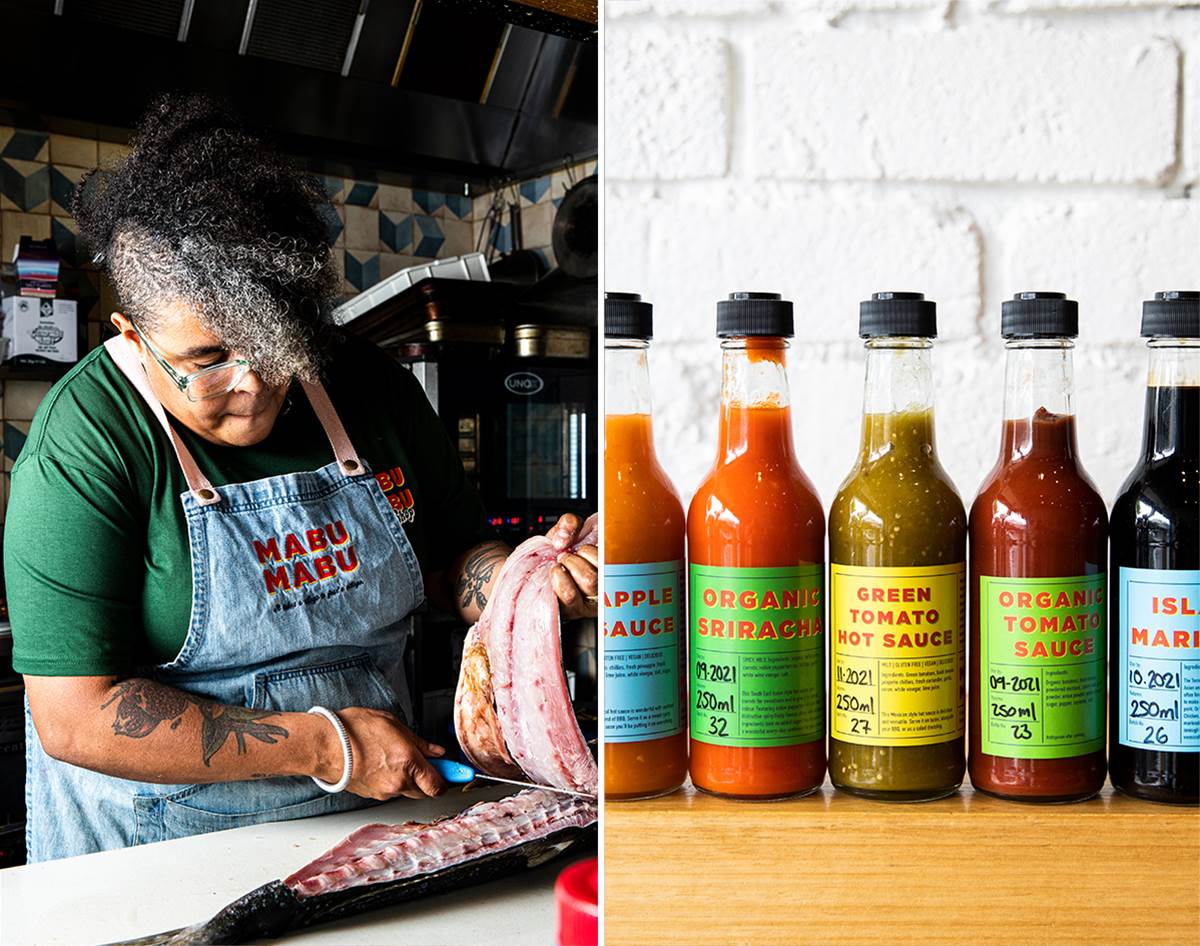
Believe in yourself
“You’ve got to know you can do it,” Nornie says. This is the secret sauce of moving quickly in business: self-belief. “Most people don’t take big risks because they don’t think they can do it, but I know I can get us over the line if I need to. Don’t get me wrong, times can be tough. When we first started, I didn’t have an income for a year; we were making no money. But now we have a café, and a restaurant, and my products are stocked in 55 stores around Australia.” Nornie says everything comes back to confidence. If you’re weighing up a business risk, you need to ask yourself: do I know, really know, that I can handle this? “If you’re not sure, don’t do it,” she says.
Start with the basics
To start a business, you need an idea, obviously. And ambition. (And probably a friend with Photoshop.) But Nornie says the trick to moving quick is to focus on the fundamentals, like balancing your books. “I’ve worked with a lot of chefs, and if they were going to start a business, I’d worry about their number skills. As a small business owner, you have to be across the figures, which is why we’ve been using Xero since day dot.” Nornie says accounting software like Xero is crucial, because it gives you an overview of your business in real-time. Suddenly those calculated risks are much more calculated. “You need to track everything, because one day the bank is going to turn around and ask, ‘So…what are you guys doing over there?’”
Find tech that works for you
There’s an app for everything these days, including running a business. Probably several thousand apps, actually. If you want to be agile and move fast, Nornie says you need to sift through the masses and find tech solutions that work for your business. Not someone else’s. “Some stuff works, and some stuff doesn’t, and you don’t know until you try it. My big tip is: don’t settle. Only you know what’s good for your business, and if your tech solution isn’t working, don’t be afraid to try something else.” Nornie herself uses a mix of different systems, including Xero, to keep things ticking smoothly.
Be ready to pivot
Let’s face it: Nornie couldn’t have chosen a worse time to open multiple hospitality venues. “Our Yarraville café launched right before lockdown, so we’ve basically run the whole thing in COVID,” she says, “and we actually managed to do some amazing things.” This is the flip-side to moving fast. You need to be ready to pivot when the proverbial hits the fan. Nornie and the team switched their entire business model during the pandemic, running online damper-making classes (sometimes six per day) and expanding their online web store. “Honestly, if we didn’t have COVID, I don’t know if we would have achieved as much as we have, because we had to think fast.”
Be willing to fail
Moving quickly gives you a competitive edge, but it’s also risky. Often there isn’t time to crunch every number and plan for every contingency. You just have to wing it. And Nornie says part of that process is being okay with failure. “If you’ve got an idea, run with it. If it doesn’t work, you can always try something else. The problem with waiting too long is, you tend to change your ideas. And when you change your ideas, you give up on all the good ones.” In other words, it’s not just your appetite for risk, but also your attitude for it. “I don’t want to have regrets,” Nornie says, “Remember, you’re not taking these risks when you’re 75. You’re doing it when you have working arms and legs. This is the best advice I can give anyone: don’t think you can’t do something.”
This bustling chat was brought to you in partnership with our pals at Xero. Whether you lead a small team or are going it alone, Xero’s online accounting helps you do business, but better. Find out more on the Xero website.
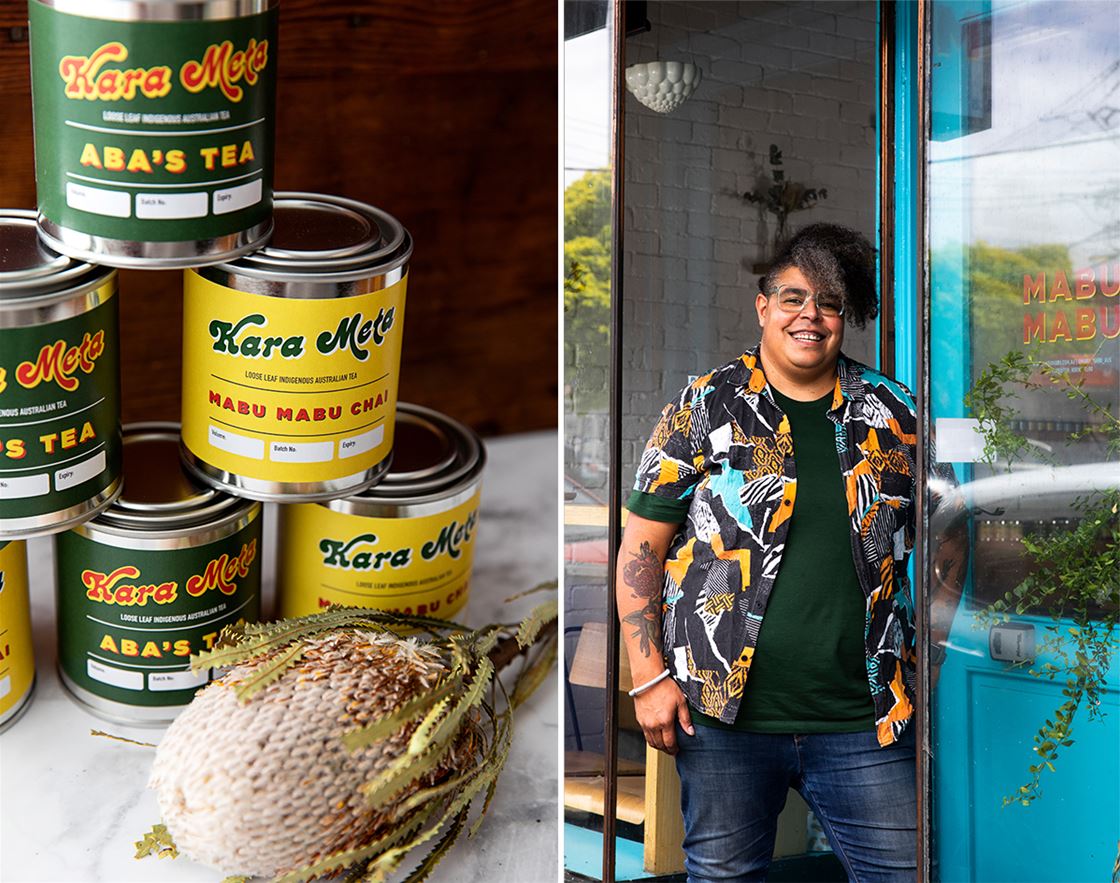






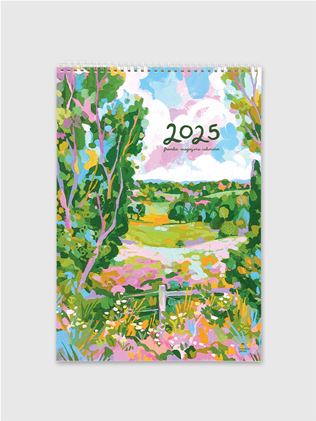


.jpg&q=80&w=316&c=1&s=1)



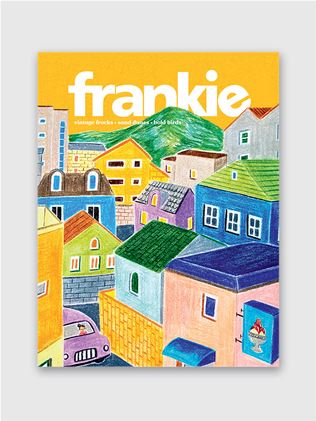






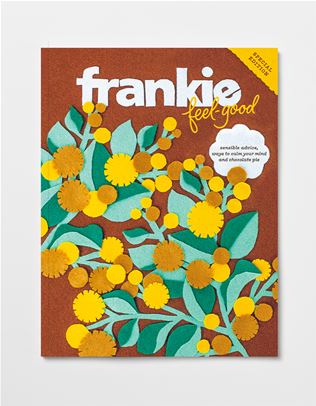






.jpg&q=80&w=316&c=1&s=1)










